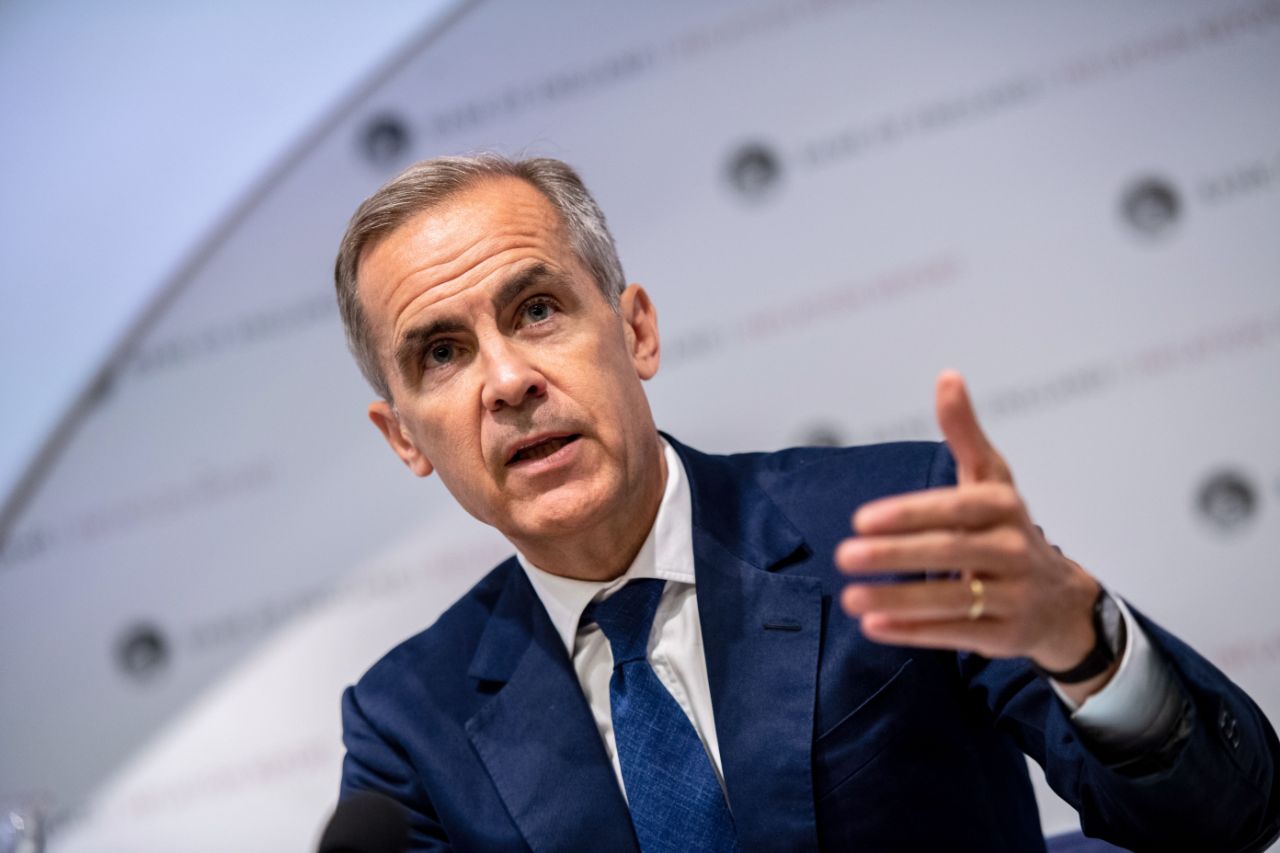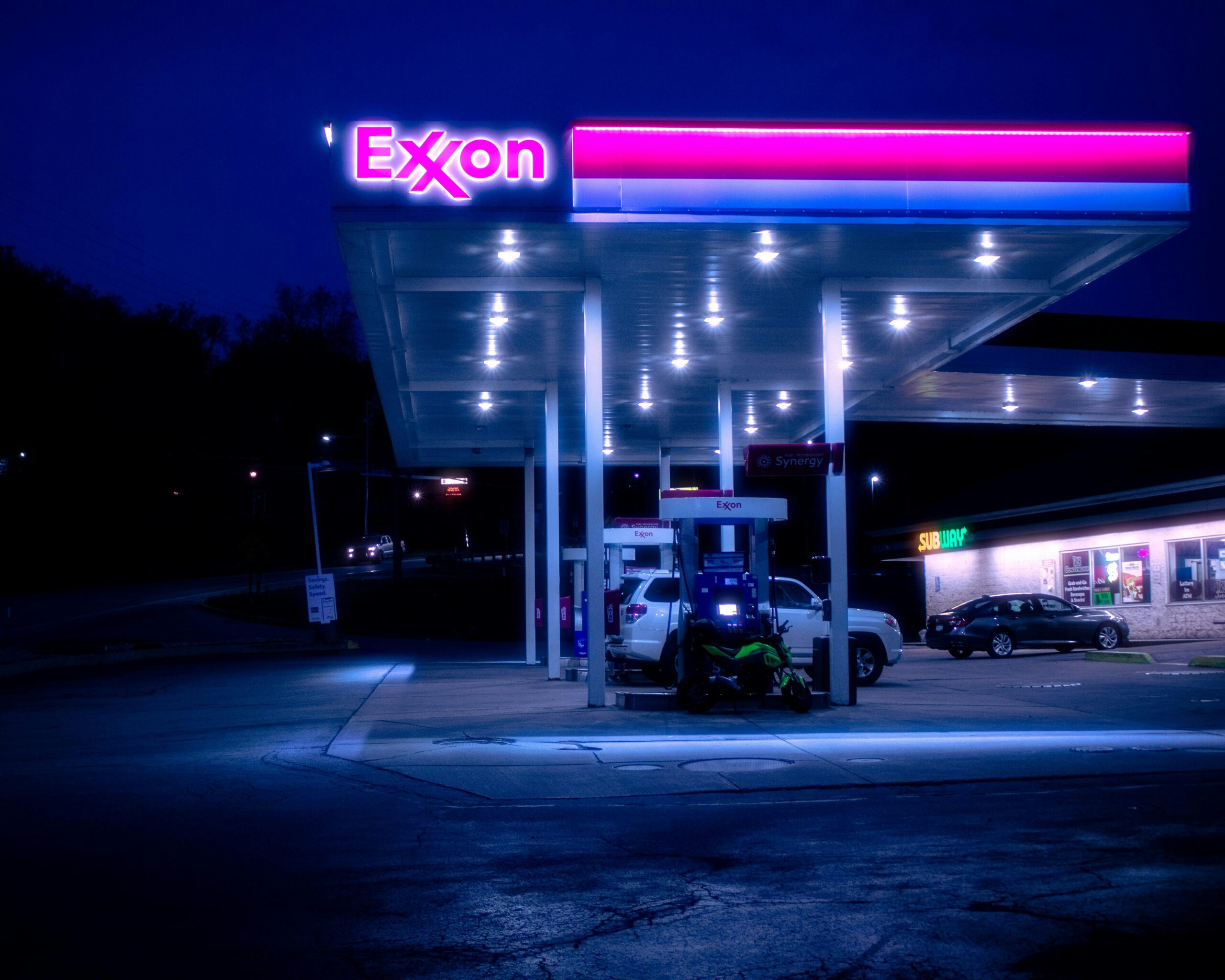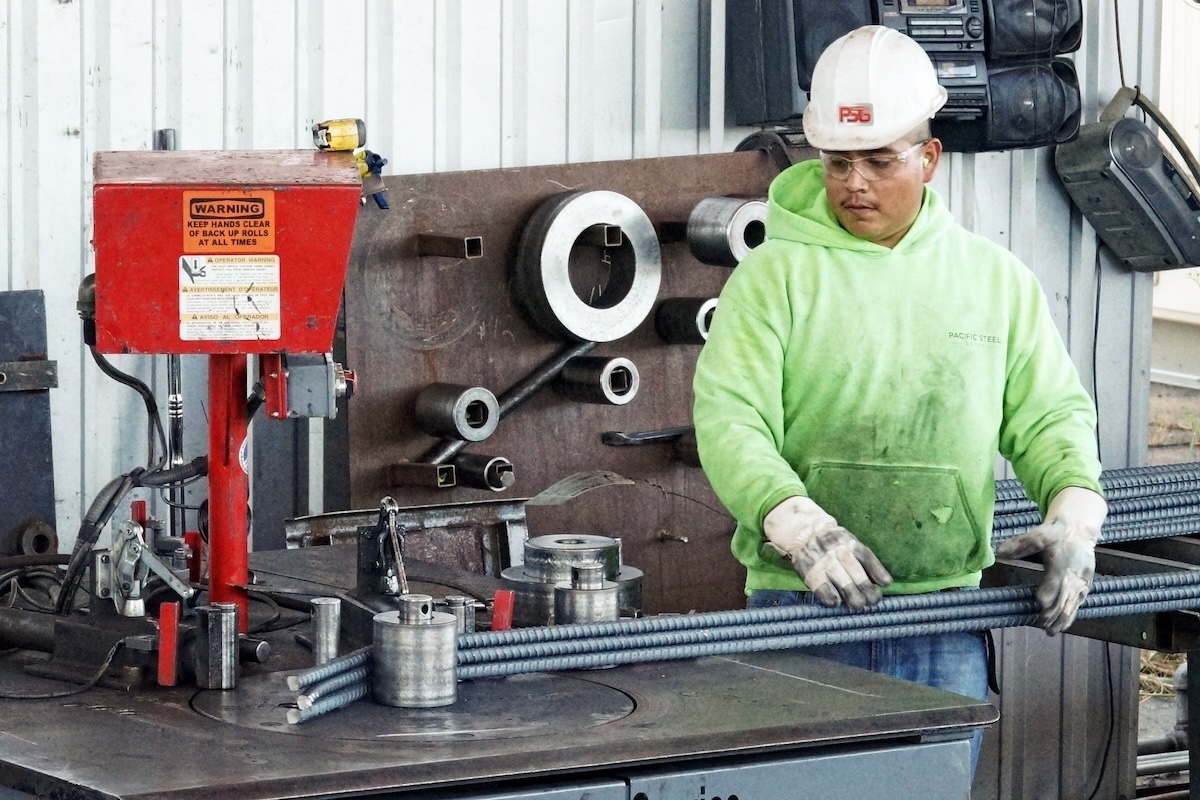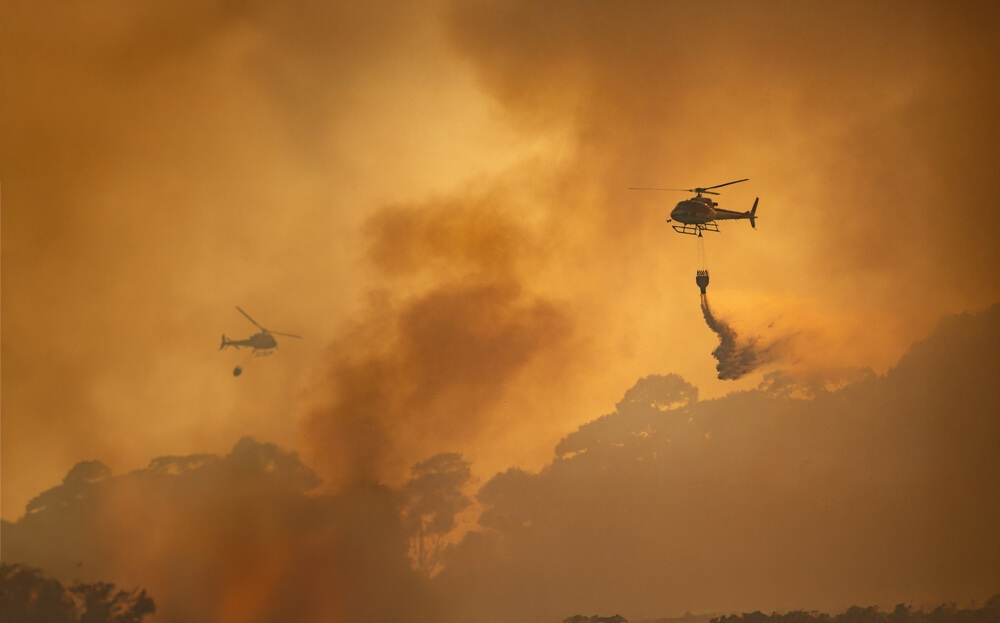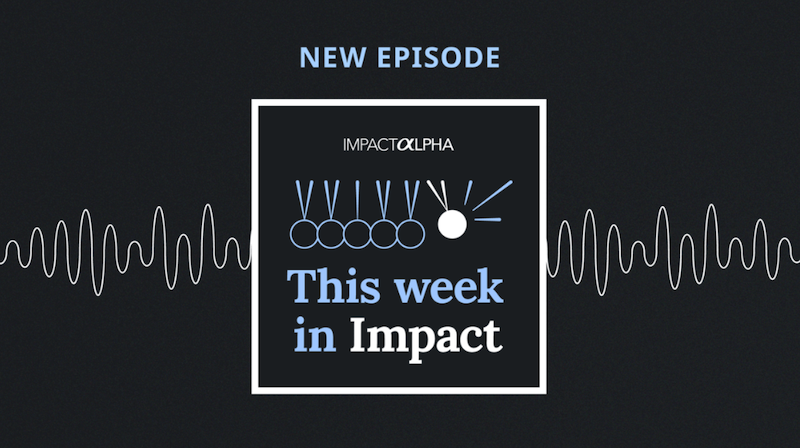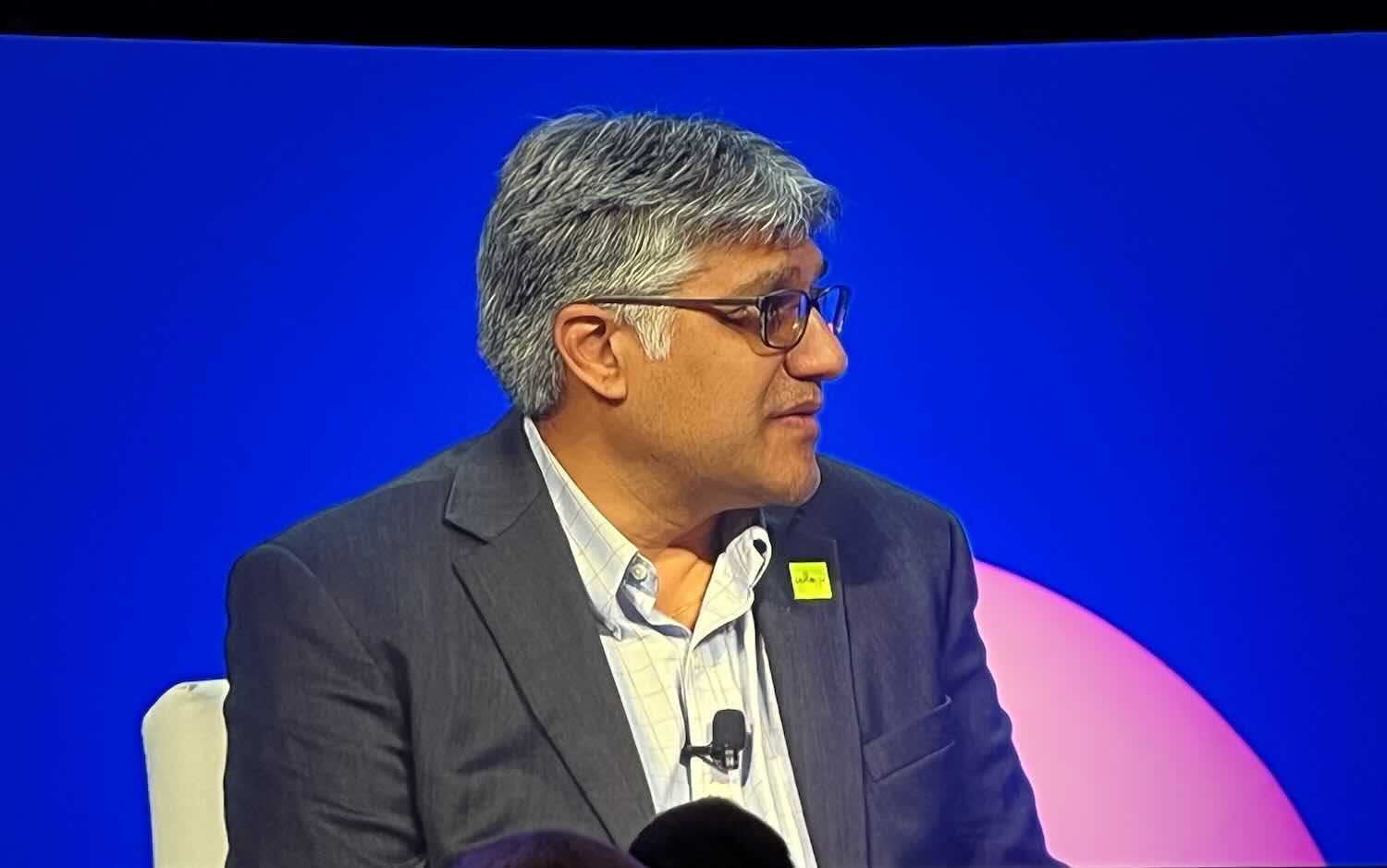ImpactAlpha, Sept. 27 – Wanted: A new central banker to accelerate Mark Carney’s efforts to put climate risk and income inequality at the center of global finance.
Carney, a Canadian who in 2013 became the first foreigner to lead the Bank of England, will step down in January.
“A new, sustainable financial system is being built,” he told the U.N. Climate Action Summit this week. But “it is not moving fast enough for the world to reach net zero.”
In a 2015 speech, Carney famously called out climate’s “tragedy of the horizon” caused by the short term outlook of most investors. The next year, following the Brexit vote, he warned of the systemic risks of “staggering wealth inequalities.”
Since then, Carney has worked to force companies, banks, insurers, asset owners and asset managers to internalize such externalities.
The recommendations of the Task Force on Climate-Related Financial Disclosures, which he spearheaded with Michael Bloomberg, have become the bible for climate-risk disclosure. Carney now wants to make such reporting mandatory; the U.K. and the European Union will do so soon.
With the Network for Greening the Financial System, a group of 42 central banks (but not the U.S. Federal Reserve), The Bank of England is also “stress testing” its financial system through 2050 against both the catastrophic business-as-usual scenario and the net-zero future called for by the Paris climate agreement.
Some expected Carney to call for something bolder than disclosure, risk-management and stress tests on his way out the door.
“Show up again in five years and nothing will have changed if this is all we do,” Yale’s Cary Krosinsky wrote on LinkedIn.
Carney wouldn’t disagree.
“Ultimately, the speed with which the new sustainable financial system develops will be decided by the ambitions of your climate policies,” he told the U.N. delegates. “It is within our grasp to create a virtuous cycle of innovation and investment for the net zero world… Let’s seize it.”



